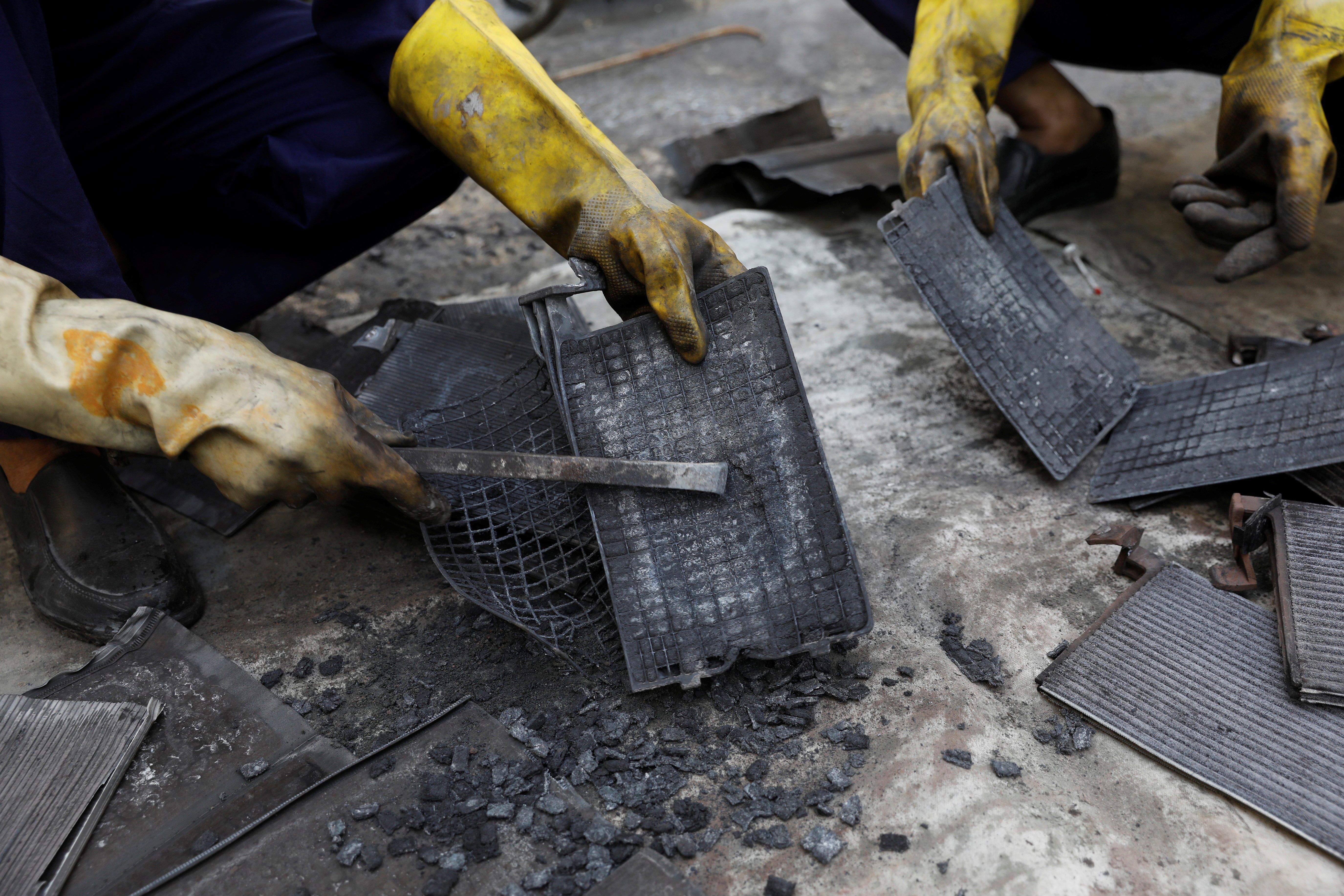India to unveil massive subsidy scheme to hasten clean energy transition
India is going big on diversifying its energy, announcing on Wednesday a hefty subsidy package to encourage companies to ramp up production of electricity grid batteries.
The subsidy proposal – worth a whopping $2.6 billion over the next seven years – comes as PM Narendra Modi is trying to reduce the country’s reliance on dirty fossil fuels, also by expanding India’s electric vehicle market, which is still largely in its infancy.
This new scheme aims to help India migrate to renewable energy sources in line with Modi’s pledge to reduce fossil fuel-powered energy to 50%, down from 75%, by 2030. (Key context: Battery storage devices are needed to retain energy generated by renewable sources like wind and solar.)
This is also a big deal for global efforts to combat climate change as India, the world’s most populous country after recently overtaking China, is slated over the next few decades to increase its energy demand faster than any other country.
What’s more, it also reflects Modi’s attempt to reduce reliance on Chinese exports of lithium (needed to make batteries) and other materials by requiring that 90% of the value of manufacturing projects be created domestically. Indeed, China and India are longtime foes that have engaged in deadly clashes over disputed border territory.
So where will Delhi get all the raw materials from, particularly as global demand increases? In recent years, India has discovered two lithium reserves in the western state of Rajasthan. But most recently, it found massive lithium deposits in the conflict-prone state of Kashmir, which is already causing some friction.
